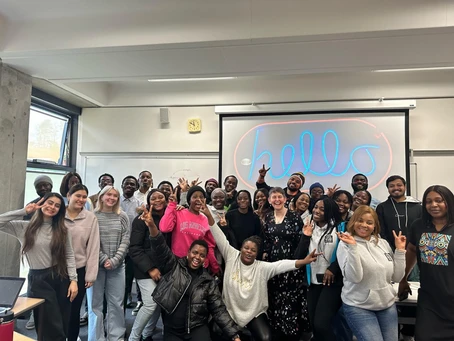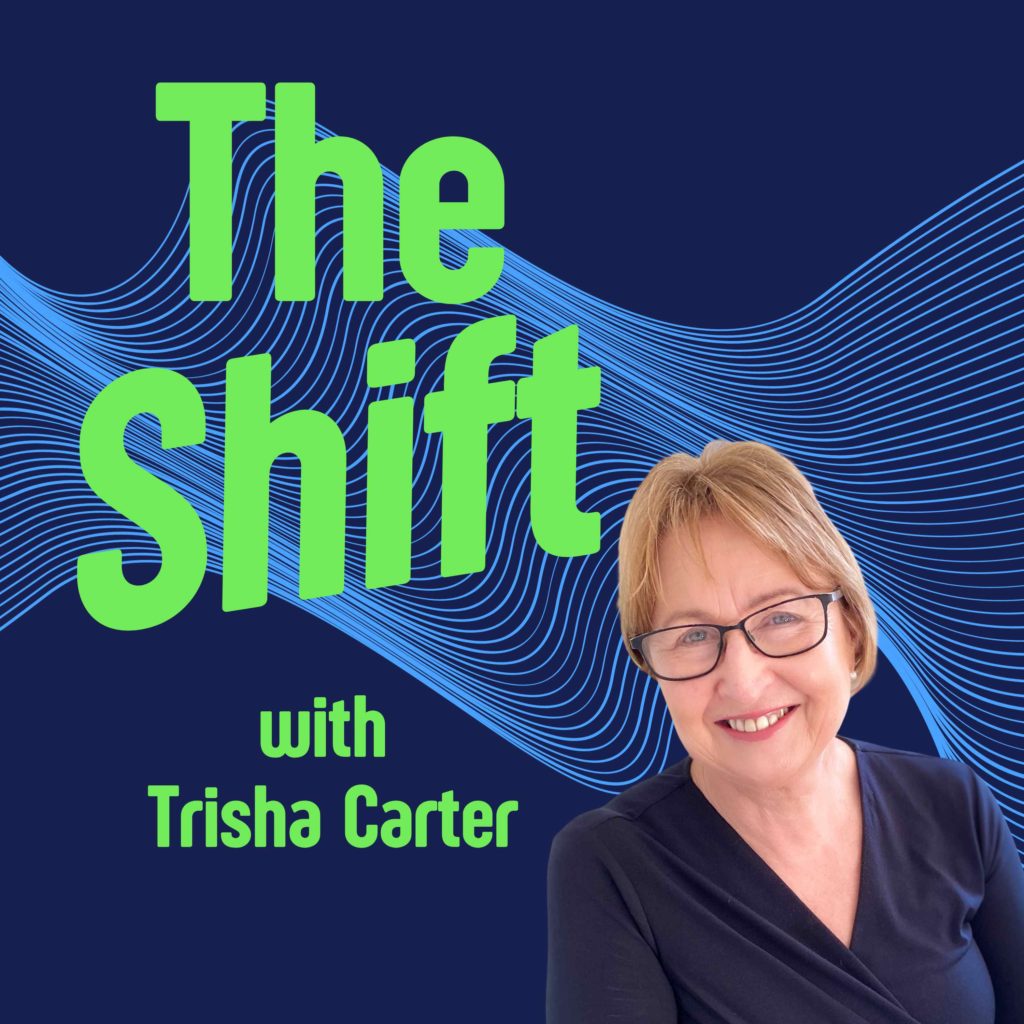This isn’t the newsletter I was planning to write today. Like many solo entrepreneurs, I aspire to have a carefully planned pipeline of content.
But something has been on my mind for the last few weeks, and it’s time to share it.
I recently spoke to students at Robert Gordon University’s MSc in Corporate Communications and Public Affairs. The lecture brief was broadly to discuss ethics in communications based on my experience, so that was only mildly terrifying.

It turned out to be a challenging opportunity for self-reflection. I focused on several significant pillars: crisis decision-making, consent, inclusion, conflict of interest, boundaries, and trust.
And I only half-jokingly referred to it as ‘mistakes I have made’.
As I wrote, it became clear that the final thought had to be about power.
One of the first pieces of advice I received as a young, utterly clueless but overconfident communicator was that where there’s communications work, there’s power.
So, here’s what I said to the next generation of communicators.
When you’re starting out in your career, you may not feel like you have a lot of power. It may feel that you have even less if your background and experiences are under-represented in your workplace.
But please understand that you’re exercising power every time you set up a photo, draft a social media post, write a copy, or plan a media campaign.
You’re potentially perpetuating stereotypes or specific narratives. You may be including some and not others. You’re building associations in people’s minds. You’re contributing to the social discourse and norms around all sorts of issues. You might be shaping the news agenda for the day. You might be influencing someone’s experience of the workplace.
It is so easy to get busy doing all the ‘doing’ that sometimes we forget how much power we wield as communicators. We can’t challenge and change everything, but as a very wise friend of mine likes to remind me, we can all do small things every day.
My favourite example of the potential for communications to challenge perception positively is the CoorDown ‘Assume that I Can’ campaign. Here’s the video.
Beyond challenging our assumptions about people with Down syndrome, it is a good reminder that we all need to keep checking our beliefs and biases.
As I reflected and unpacked in preparation for this lecture, I realized that my views on this are what sits at the heart of my passion for sharing cultural intelligence (CQ) with communications professionals. It is such a strong means of reflecting on our power, influence, biases and assumptions when we’re working with others – and then equipping us to do that more effectively.
But here’s my bottom line for future communicators and for you: if you’re sending any sort of communication out into the world, you hold power and influence. The question is: what are you doing with it today?
If you’d like to chat about how cultural intelligence could improve your communications, email me at sarah@athrucommunications.com or message me on LinkedIn.


